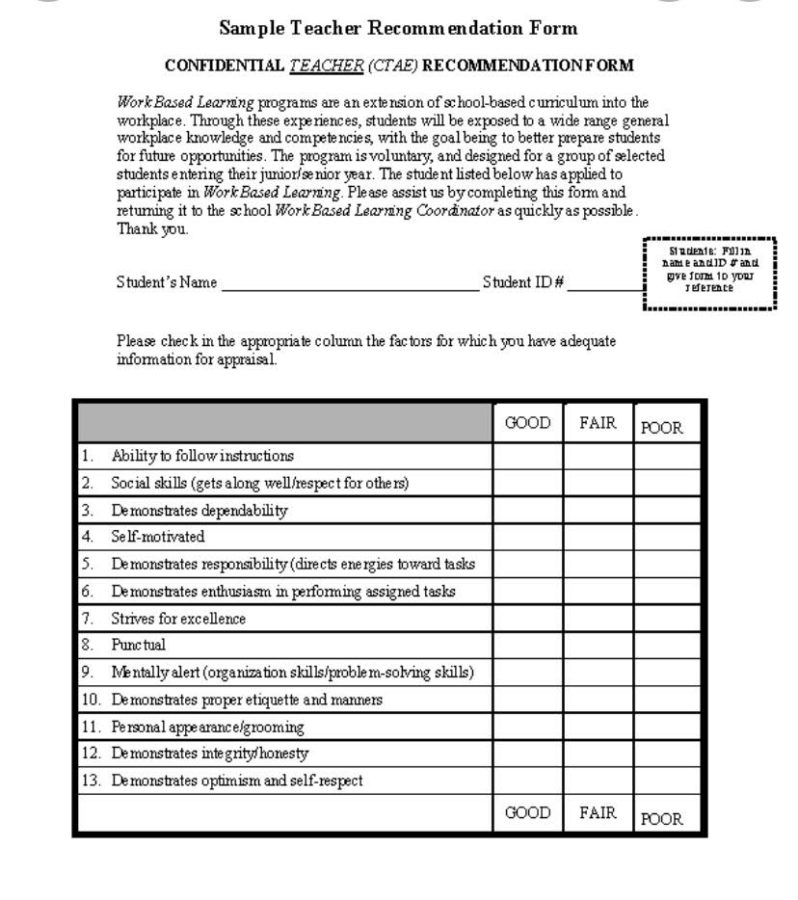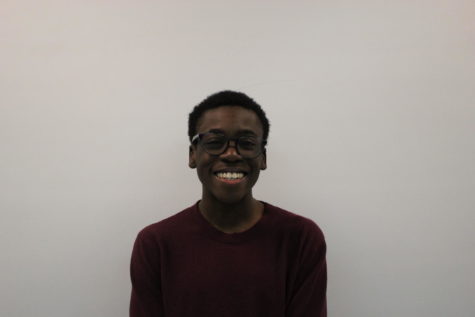Building relationships with teachers
Photo courtesy of Katie Croarkin
Besides writing recommendations for students when they apply to college, teachers are also often asked to complete them as part of an application for different programs/internships.
March 22, 2022
With virtual learning, it was hard for students to truly get to know their teachers, and vice versa. Between cameras being off and challenging communication options for both students and staff, it was hard on both sides.
For history teacher Mrs. Kerri Fry, getting to know students better was infinitely harder to do online as opposed to regular in-person instruction. She also experiences a form of disconnection with seeing her virtual students at school this year.
“I don’t know anything about them, and they really don’t know anything about me either. I don’t have the same kind of rapport I had with students last year compared to now,” Mrs. Fry said.
Physics teacher Ms. Katherine Lin concurs and believes that even with masks in person, she is able to better help her students.
“Working with students in person … there’s that physical human connection just by looking at each other. By seeing their body language, you can better understand if someone gets what you’re saying as opposed to a screen, where you can’t always tell what people are thinking,” she said.
As Mrs. Fry and Ms. Lin both teach primarily juniors, they were asked for college letters of recommendation in an unprecedented year, even without fully getting to know their students.
“It’s not anybody’s fault that we didn’t get the opportunity to build relationships, but while it may feel more challenging for students to ask for recommendations, any student who is regularly in class and doing work, I know enough about them to do a recommendation and I’m proud of students for being bold enough to ask for one, and they should,” Ms. Lin said.
Furthermore, Mrs. Fry appreciates when students go above and beyond by doing small things like giving a brief explanation of why she is a teacher the student is asking for a recommendation from.
“It also is always important to just ask in-person and send a follow-up email afterward as a way to remind teachers and as a form of courtesy as well,” she said.
For senior Apurva Hari, she did feel that it was tough to ask for recommendations in a virtual setting.
“Selecting the teachers to ask … and not being able to tell how well they knew me as a student and person was very challenging,” she said.
Additionally, Hari felt that making a good relationship with teachers will help students when asking teachers for recommendations so that it feels more natural and casual, and even has suggestions to do this.
“Keeping good communication with them and putting in the genuine effort to get to know them,” she said.
Mrs. Fry also feels that having a good open line of discussion with teachers is beneficial for both students and teachers.
“Students advocating for themselves, whether it’s through an email or checking in with me, and just letting me know what’s going on with them helps me know they are getting everything they need in a way that is helpful to them,” she said.



